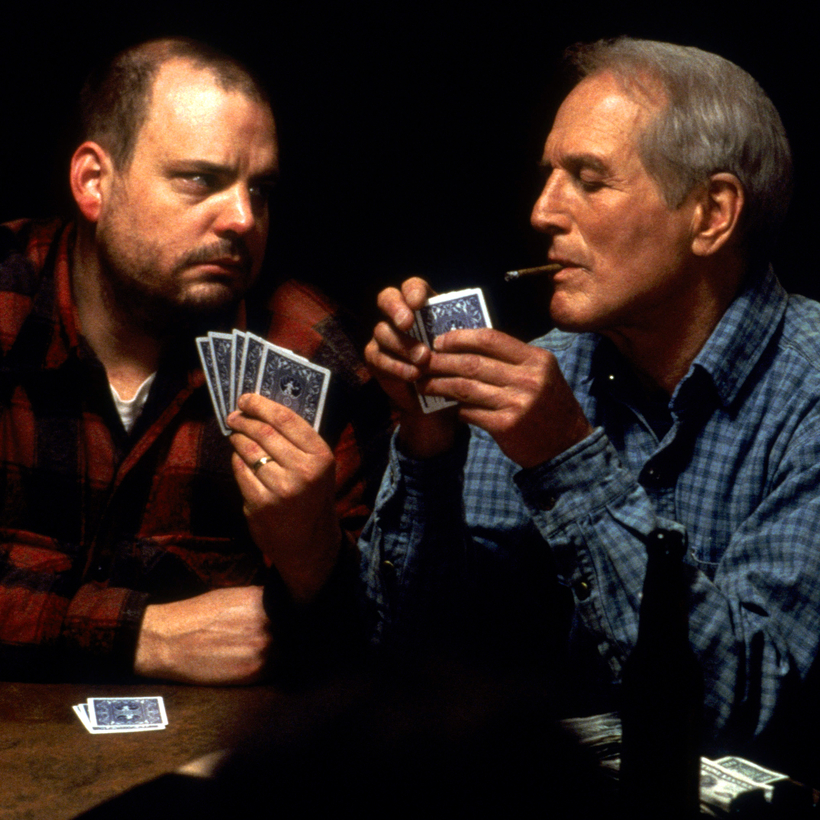How do you speak respectfully about something terrible? I loved The Sportswriter and Independence Day, Richard Ford’s classic novels, published in 1986 and 1995 respectively, about the failed writer turned real-estate agent Frank Bascombe. Taken with, say, Jernigan, by David Gates, and Straight Man, by Richard Russo (hold that thought), they showed us the deep emotional swales of the 90s white male, who was supposed to rule the world but felt ruled by it, in true late-capitalist style: a group of soliloquizing Hamlets, pitched against the sleazy masculine-success story of their Fortinbras, William Jefferson Clinton. Call them Sons of Portnoy.
In two subsequent Bascombe appearances, however, The Lay of the Land (2006) and Let Me Be Frank with You (2014), Ford’s tough, beautiful prose grew flabbier, and his famous lead’s narration more aimless and irritable. Now, in Be Mine, reportedly the last Bascombe novel, the decline seems complete.

